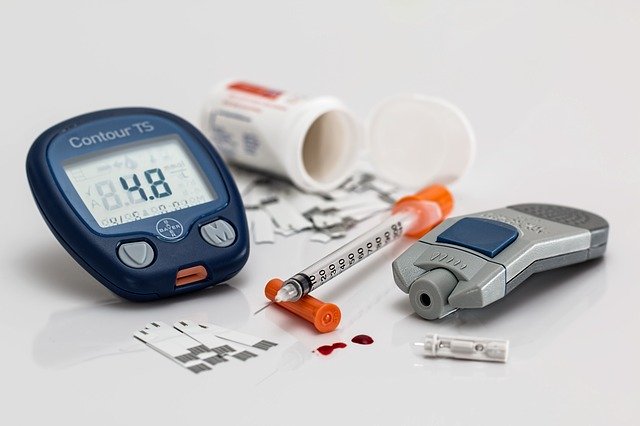Researchers developed a new artificial intelligence (AI) tool to detect glucose levels in the blood (blood sugar). The glucose levels are detected from electrocardiogram (ECG) signals using non-invasive wearable sensors.
Blood sugar levels
Tracking changes of blood sugar levels is vital for those with diabetes. Hyperglycemia (high blood sugar) results in long-term health complications that can damage the kidney, nerves, and blood vessels in the eye. Hypoglycemia (low blood sugar) leads to short-term problems with a person’s health such as confusion, irritability, and severe loss of attention that can be fatal as it affects the heart.
Current methods of blood sugar monitoring
Current methods to measure blood sugar require needles and repeated finger pricks throughout the day. However, these methods are invasive and don’t allow for continuous monitoring. An alternative to the finger-prick test is Continuous Glucose Monitors (CGM). These devices measure the glucose around cells, using a sensor with a small needle that sends back data to a display device. Most CGMs require finger pricking for calibration twice a day. The devices are expensive, which limits continuous monitoring of glucose and some studies suggest their reliability is limited in detecting hypoglycemia.
Heart rate signals detect blood sugar levels
A recent study, published in Scientific Reports, detected low blood sugar in healthy individuals. With the help of the latest in artificial intelligence, a non-invasive sensor technology can automatically detect hypoglycemia from a few heartbeats of ECG signals.
The technology works with an 82% reliability in detecting low glucose levels and is comparable to the performance of CGM devices. These results suggest the new tool could eventually replace the finger pricking method.
How does it work?
The ECG waveform changes when the blood glucose drops below a normal level. The proposed AI model will help clinicians to visualize which part of the ECG signal is associated with blood sugar concerns in their patients.
According to the study author, Dr. Pecchia, the artificial intelligence approach enables researchers to personalize tuning of the detection algorithms of low glucose levels. Additionally, the AI technology can emphasize the effect of low glucose levels on ECG in individuals, helping clinicians adapt therapies to each patient. However, more clinical research is needed to confirm the results in wider populations.
References
Porumb, M., Stranges, S., Pescapè, A. et al. Precision medicine and artificial intelligence: A Pilot study on deep learning for hypoglycemic events detection based on ECG. Sci Rep 10, 170 (2020). https://doi.org/10.1038/s41598-019-56927-5
AI can detect low-glucose levels via ECG without fingerprick test. (2020, January 13). Retrieved from https://www.eurekalert.org/pub_releases/2020-01/uow-acd011320.php



